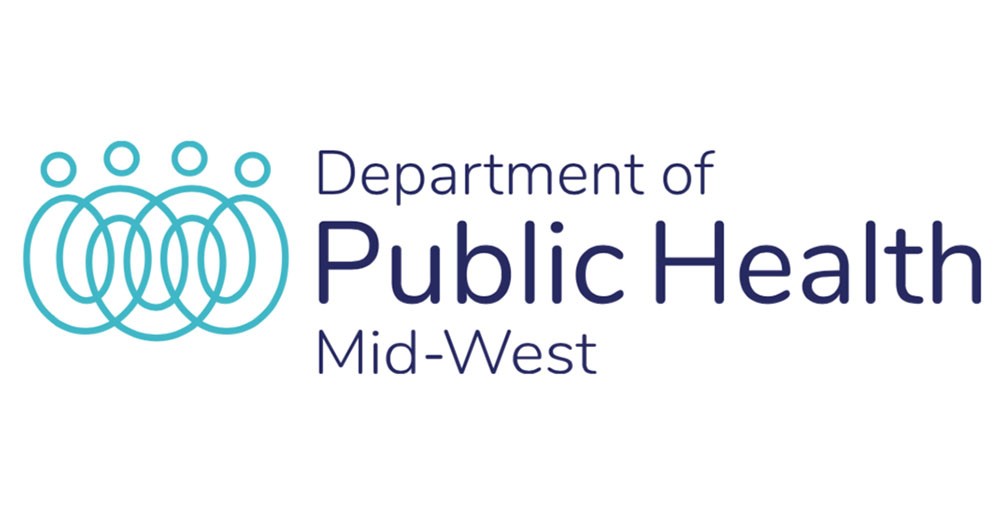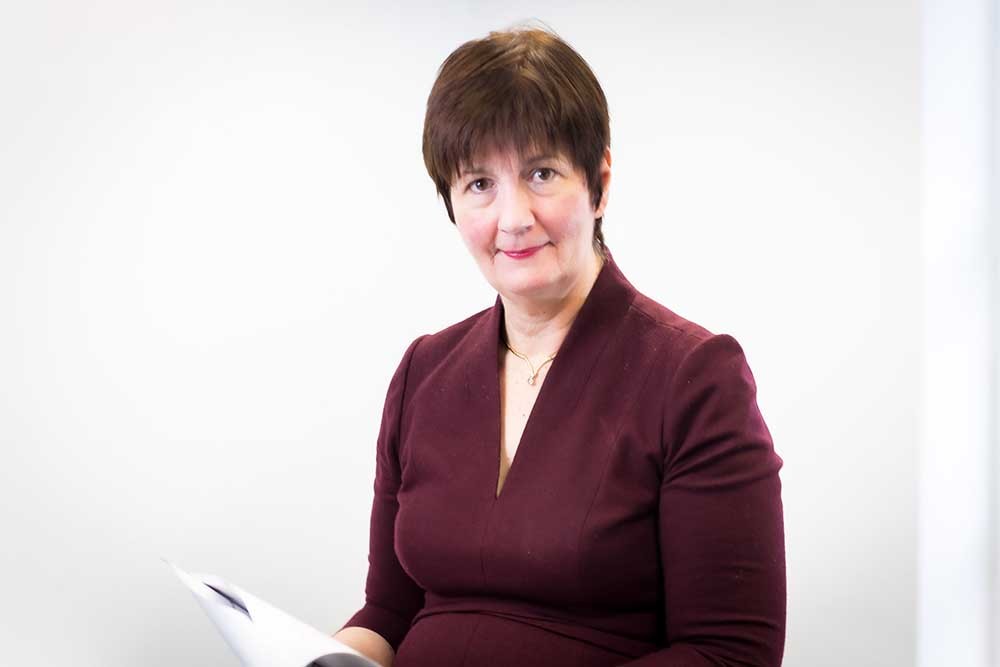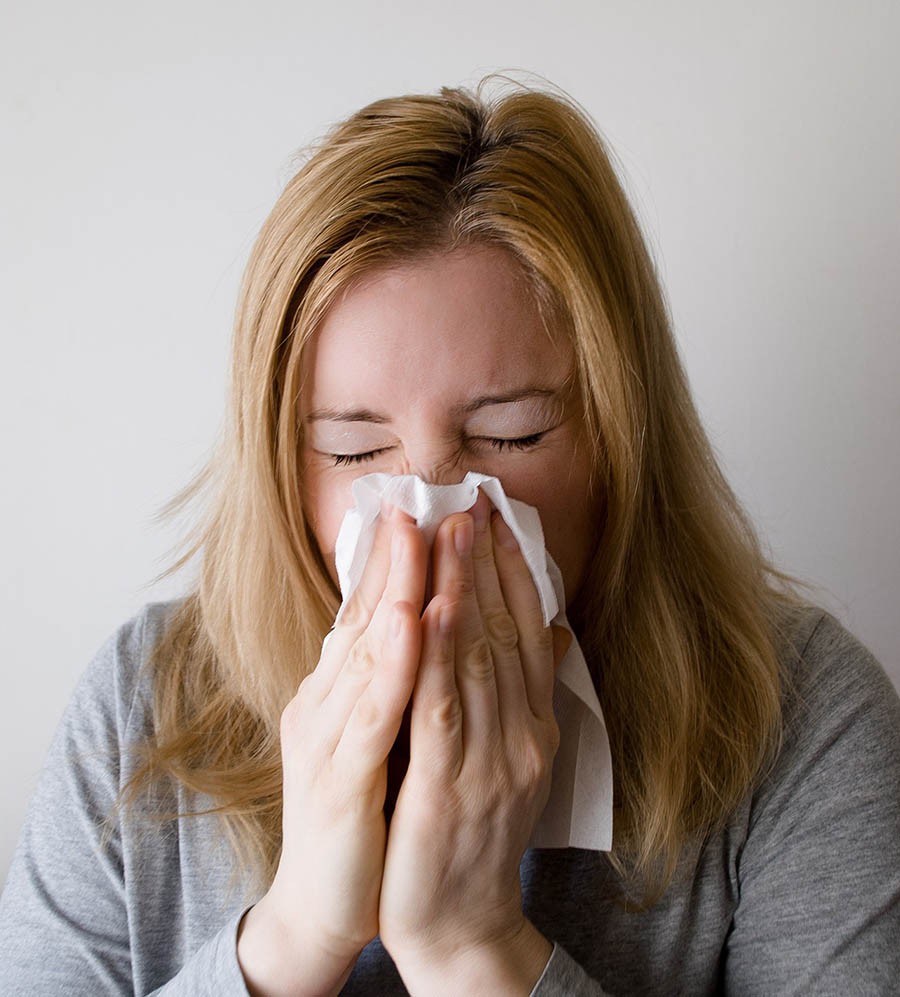
The Department of Public Health Mid-West is advising people in Clare to stay at home and isolate if they have any symptoms of COVID-19.
In line with new Government guidelines, face coverings are no longer mandatory, but they should continue to be worn in healthcare settings and on public transport.
Many people will still continue to wear a mask, as it has been one of a number of the measures which helps prevent the spread COVID-19. Additionally, some people will have personal reasons to continue wearing a mask, and they should not be discouraged from doing so.
Ventilate social and work spaces, where possible. People should continue to wash and sanitise their hands regularly, as this will help prevent other diseases. People should cough/sneeze into a tissue or their elbow. Anyone with symptoms of COVID-19 should self-isolate immediately, and not attend work, school or college or socialise.
These mitigation measures can also reduce the risk of transmission of other diseases, such as influenza which is circulating in the community. COVID-19 and influenza can result in severe infection, particularly in the lungs, causing people to feel sick and fatigued even after the infectious period. Please consult your GP if you are concerned about your condition.

Dr Mai Mannix, Director of Public Health Mid-West, said: “It is nearly two years since the COVID-19 pandemic was declared, and it is still very much present. Our department continues to manage and monitor outbreaks in key priority settings, such as nursing homes, long-term care facilities, day care facilities and vulnerable groups in the population. Thankfully, we are seeing a significantly reduced rate of severe illness and death linked to COVID-19, as there is a high level of immunity, for now, as a result of a successful vaccine programme and natural infection.
“However, as society returns to pre-pandemic levels of social activity, we can expect COVID-19 to continue to circulate as the pandemic is not over. This may result in some people experiencing more severe symptoms more than others. This is why we still have to be conscious of our most vulnerable in society. People most at-risk of severe illness and death are those who are unvaccinated, partially vaccinated, and those who have not received their booster, particularly those who are immunocompromised.”
Public Transport
- Because COVID-19 and influenza are circulating in the community, we advise that you continue wearing a mask, in order to reduce the chance of becoming infected.
- Where possible, open windows in order to ventilate the space
Testing for COVID-19
- If you have symptoms of COVID-19 you should self-isolate until 48 hours after symptoms have substantially or fully resolved
- If you have symptoms, you do not need to get a PCR test unless you:
- Are aged 55 years and older and have not received a booster vaccination
- Have a high-risk medical condition
- Are immunocompromised
- Live in the same household as a person who is immunocompromised
- Provide care or support for person who is immunocompromised
- Are pregnant
- Are a healthcare worker
